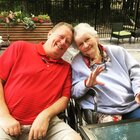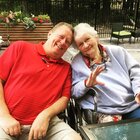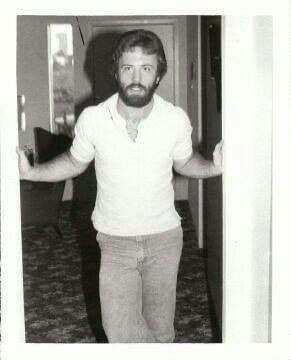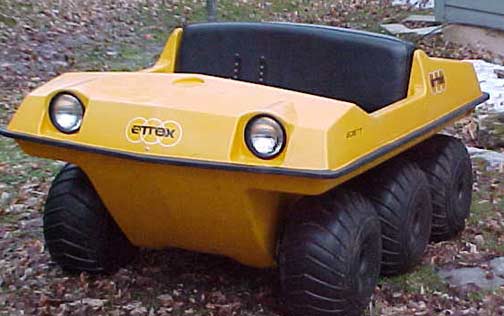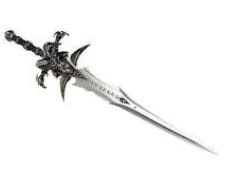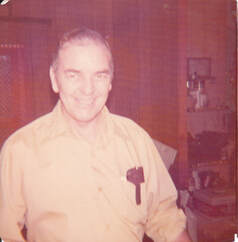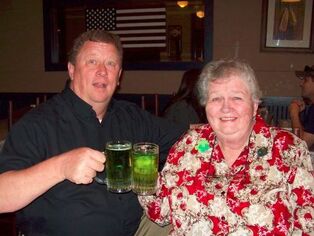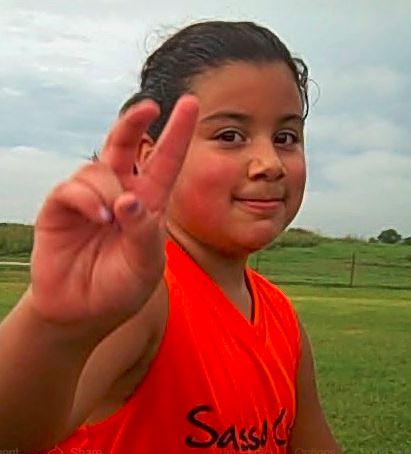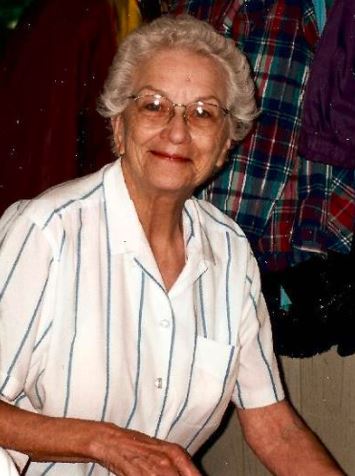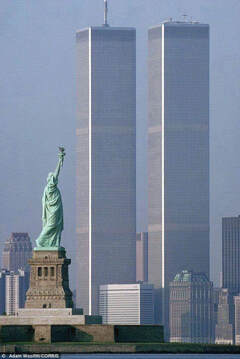
If you were around on September 11th of 2001, you remember the evil attacks on our country from the sky. I was in a one-week training class in north Houston and someone came through the door, yelling “A plane just crashed into the World Trade Center!” People from all over the building walked to the break room and watched a live news report on a tiny television. I remember that someone from a daily talk show had broken away from their script to cover the story and everyone huddled around the small box to see and hear what the talk show host had to say. It was thought to be a freak accident and there were no details of what had just happened, just theories and conjecture. Just as everyone in the room was about to walk back to what they had been doing, a second plane crashed into the second tower, and we knew immediately that what we were seeing was a terrorist attack.
There was a mutual feeling of dread and despair among our crowd and my immediate thought was to check with my family to make sure they were safe. As I talked to my wife on the phone, I looked around to see every land line being used as others called their loved ones and close friends. Not knowing how big a scale this attack was, my wife immediately made plans to pick our girls up from school, as did several other parents. We learned that all flights had been grounded and those who had traveled to Houston had to make other arrangements to return home. I had a pit in my stomach for the rest of the week as news continued to pump out the airwaves, and we learned that the plot was thicker. For the following weeks and months, my office window rattled every twenty to thirty minutes as jets took off from nearby Ellington Air Force Base to police the skies. It was the beginning of uncertain times.
What I admired most was the brave spirit of the passengers of all four of the planes that were hijacked. You know that they must have been scared out of their minds, but voice recorders captured some very heroic acts after the fact. The courageous performance of the New York Police and Fire departments to rescue people was something to see and hear about, and the vitality of our whole nation was elevated with their efforts and sacrifices. A search for “al Qaeda” ensued, and an awakening of good & evil was felt by my generation. It’s a memory that pairs with the explosion of the Challenger space shuttle and the assassination of John F. Kennedy, and it will forever be etched into our minds and souls.
Terrorism became a word that is used with everyday vocabulary and Homeland Security has become a necessary force. I can’t help but wonder how many attacks have been thwarted since that dark day in 2001 and how close we have come to additional foreign invasions. Thousands, probably. As we forge ahead with internal conflicts, cyber warfare, polarizing politics, & the current pandemic, I reflect on the day that made it all real for me. I thank goodness for the invisible blanket of protection that nestles us all, and the good people everywhere that seldom make the national news.
There was a mutual feeling of dread and despair among our crowd and my immediate thought was to check with my family to make sure they were safe. As I talked to my wife on the phone, I looked around to see every land line being used as others called their loved ones and close friends. Not knowing how big a scale this attack was, my wife immediately made plans to pick our girls up from school, as did several other parents. We learned that all flights had been grounded and those who had traveled to Houston had to make other arrangements to return home. I had a pit in my stomach for the rest of the week as news continued to pump out the airwaves, and we learned that the plot was thicker. For the following weeks and months, my office window rattled every twenty to thirty minutes as jets took off from nearby Ellington Air Force Base to police the skies. It was the beginning of uncertain times.
What I admired most was the brave spirit of the passengers of all four of the planes that were hijacked. You know that they must have been scared out of their minds, but voice recorders captured some very heroic acts after the fact. The courageous performance of the New York Police and Fire departments to rescue people was something to see and hear about, and the vitality of our whole nation was elevated with their efforts and sacrifices. A search for “al Qaeda” ensued, and an awakening of good & evil was felt by my generation. It’s a memory that pairs with the explosion of the Challenger space shuttle and the assassination of John F. Kennedy, and it will forever be etched into our minds and souls.
Terrorism became a word that is used with everyday vocabulary and Homeland Security has become a necessary force. I can’t help but wonder how many attacks have been thwarted since that dark day in 2001 and how close we have come to additional foreign invasions. Thousands, probably. As we forge ahead with internal conflicts, cyber warfare, polarizing politics, & the current pandemic, I reflect on the day that made it all real for me. I thank goodness for the invisible blanket of protection that nestles us all, and the good people everywhere that seldom make the national news.
